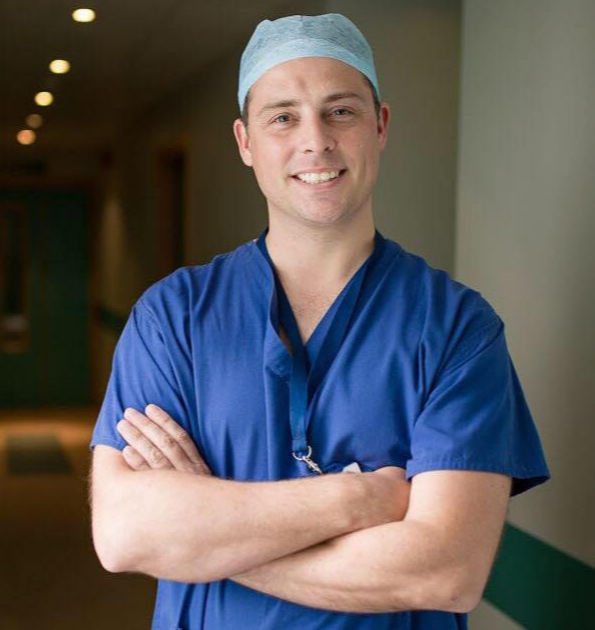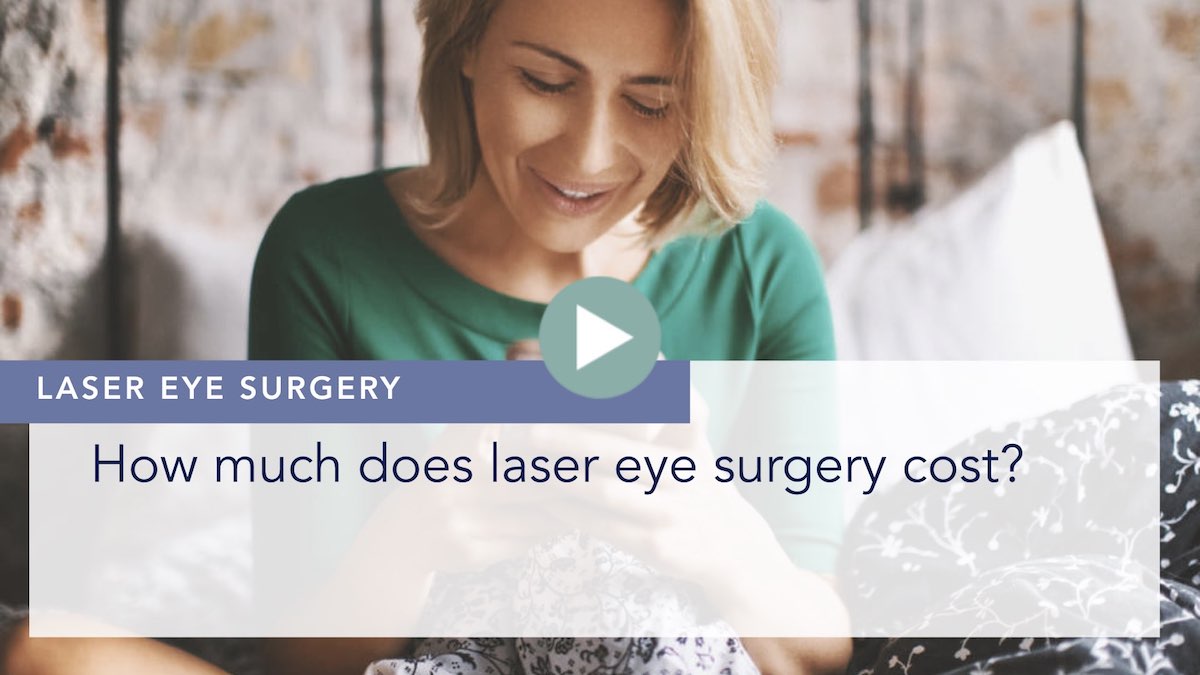Interview transcription:
In an interview, Alex Shortt discusses the cost of laser eye surgery.
Interviewer: One of the things that is often on people’s minds, especially since there’s no way to get this surgery on the NHS, is the issue of cost.
Can you explain to me a little bit about what the general costs are out there, what happens in the industry, how people charge? I think there are a lot of different models and there might be a lot of confusion about this, so you would be able to help clear that up.
Alex Shortt: My personal opinion on this is that what happens is you’ve got a range of people in the market providing laser eye surgery. It starts from companies who advertise £500 per eye laser eye surgery, right up to people who charge in the region of £3,000, £3,500 per eye. There’s a huge range like that.
Cheap laser eye surgery offers
It is possible to get laser eye surgery for £500 per eye. But you are told at the consultation that you’re going to have older technology, that your flap is going to be made either with a blade or certainly, that the laser they use will be using the old software that doesn’t incorporate things like Wavefront technology.
To me, that makes very little sense, and generally, what I find is that most patients haven’t chosen to have that. When they’re there in that clinic that offers a cheap treatment, they are upsold into buying, actually, the most advanced treatment. Although the headline figure is £500, the advanced treatment, the modern forms of laser, are £1,500, £2,000 per eye.
Interviewer: It’s a bit like that letting agent that puts up a picture of a really, really nice place for a really great deal, inviting people to come in and talk to them about that place, and all of a sudden it isn’t available. Or it just isn’t something that you would’ve liked in the first place.
Alex Shortt: Yes, I think that’s basically it, similar. It’s a marketing tactic and it’s been used for years and it is very successful.
But in reality what happens to patients when they are drawn in by that tactic, is they end up having the same price laser eye surgery, or around the same price, regardless of where they would’ve gone. And they also receive similar technology.
Interviewer: Not that there’s anything wrong with those clinics, but we should be honest about what’s being offered and what isn’t being offered. But I understand that, depending on your prescription, the cost may also change.
Alex Shortt: That’s true. Sometimes this £500 per eye offer, in the fine print you’ll read it covers people up to minus two, minus three, with very low, straightforward prescriptions, little astigmatism. But then, very few people are that simple. The reality is that most people’s prescriptions have some astigmatism or are greater than minus two, so you don’t qualify for these £500 per eye treatments anyway.
Interviewer: Let’s talk a little bit about the serious end of the market where people are offering more transparent pricing. What’s the general range, and what goes into that? Why do these clinics charge what they do?
What goes into the cost?
Alex Shortt: The general range is in the region from £2,000 up to £3,500, sometimes £4,000 per eye for laser eye surgery. Factors that determine that are the technology the clinic uses and has access to, the surgeon and their experience and their ability.
Not all clinics have access to the full range of laser eye surgery options, particularly these newer generation laser eye surgery treatments, things like ReLEx SMILE and PRESBYOND. There is only one laser manufacturer who has these technologies. Now, other manufacturers are developing competitors, but they’re not as well-established. You’re looking at paying a premium to have access to these technologies.
Because these are new technologies, not all laser eye surgeons have been trained or have experience of ReLEx SMILE or PRESBYOND. And there is some pretty unique training; you can’t just start doing this out of the box, it’s not like an upgrade to a computer. These are evolved treatments with slightly different surgical techniques.
I’ve been on a two-week training program involving a visit to India to one of the inventors of ReLEx SMILE to learn how to do this surgery. We’ve operated on dummy eyes and also on post-mortem human eyes before actually treating patients.
These are new treatments. That was obviously a couple of years ago we did this training for ReLEx SMILE, and now, several hundred cases down the line, the results are astonishing.
If you’d like to know more about vision corrective surgery, book a free initial screening today and I will personally answer your questions. Alternatively, take our free suitability quiz to find out which treatment you are suitable for.

About the author
Mr Alex J. Shortt | Consultant Ophthalmic Surgeon
MB BCh MSc PhD FRCOphth PGDipCatRef
I’m Alex Shortt, a highly trained academic researcher and Consultant Ophthalmic Surgeon based in London’s famous Harley Street medical district. I trained and worked as a consultant for 14 years at London’s Moorfields Eye Hospital. I specialise in advanced technologies for correcting vision, including cataract surgery, implantable contact lenses and laser vision correction.






